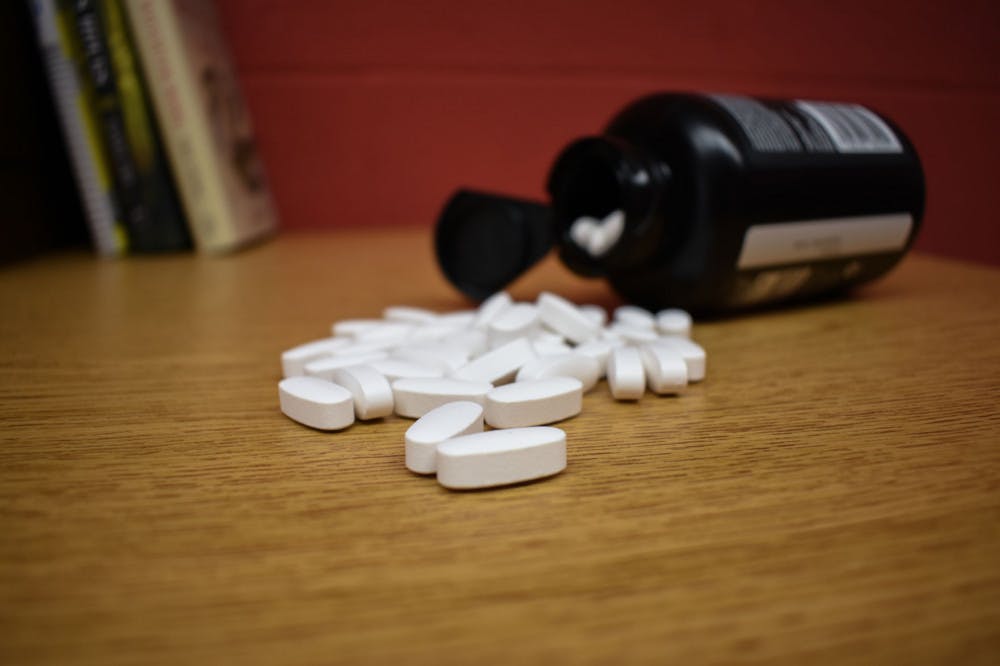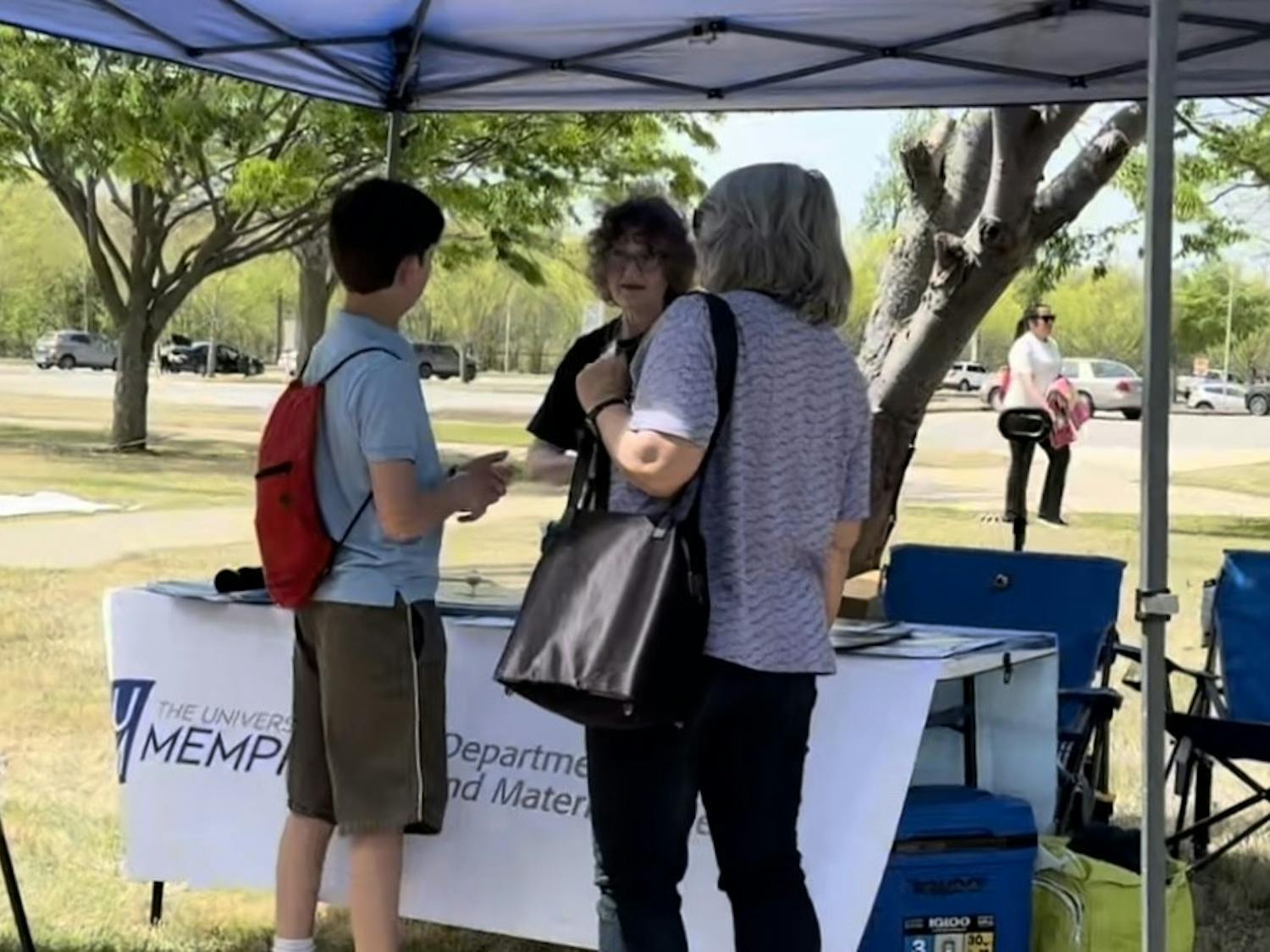The Health Resources and Services Administration granted the University of Memphis two grants totaling $1.95 million to fight opioid addiction in the midsouth.
Dr. Meghan McDevitt-Murphy and Dr. Melissa Hirschi are leading the programs at the UofM to get students involved in the fight against opioids.
“These three-year grants will work in one-year cycles,” Hirschi said. “We will have a cohort of 70 undergraduate students each year, for a total of 210 students from any discipline.”
Undergraduate students can take part in the one-year program to get firsthand experience with treating addiction, while doctorate students will have access to research materials to fight opioid addiction.
The Shelby County Health Department released data showing that more people in Shelby County died from opioid overdose than from car accidents in 2017.
In 2007, 28 people died of opioid overdose. In 2017, 159 people died of opioid overdose, and the death toll is projected to increase to more than 250 deaths by 2020.
“I think it’s rare to look at the news and not see the opioid crisis, and Memphis is part of that; we aren’t unique in that aspect,” Hirschi said.
The grants are workforce expansion grants, designed to give students more exposure to treating opioid use and abuse while encouraging students to pursue careers in opioid addiction treatment.
Hirschi is leading the multi-department initiative, allowing the Social Work, Counseling, Psychology, and Criminology departments to bring students under a collaborative umbrella.
Students involved in the undergraduate program will take a substance abuse course, serve the community for 30 hours and attend the Opioid Summit held in the spring.
The Opioid Summit is a free event held each year in the Michael D. Rose Lecture Hall and hosts discussions about causes, prevention and intervention in substance abuse.
Hirschi said the required 30 hours of community service includes activities such as substance abuse screenings, helping residential facilities and working in internships related to substance abuse.
Students who complete the requirements will receive $3000 toward their tuition.
“We want to recruit,” Hirschi said. “If students are interested in the experience, opportunity or want to learn more, they can contact me at mhirschi@memphis.edu.”
McDevitt-Murphy is leading the research program for doctorate students. The program will teach clinical psychology students in cognitive behavioral therapy (CBT) treatment.
CBT treats patients by guiding them out of harmful thought patterns and teaching them to think about situations differently.
“People have some goal in mind; quitting smoking, drinking less alcohol or using opioids,” McDevitt-Murphy said. “We look at patients’ thoughts, behavior and environment, and identify ways to see things from a different perspective, pull them out of a cycle of thought.”
McDevitt-Murphy said the doctorate level program is only open to psychology students and will only accept 4-6 students each year.
In addition to training students to treat opioid addictions, the UofM Psychological Services Center will be increasing the number of cases they take.
Not to be confused with the Counseling Center, the Psychological Services Center (PSC) is open to the whole community and has a sliding scale for payment, based on patients’ income. The PSC treats many different types of cases including addiction, depression and stress.
Doctoral students work in the center under supervision and will get firsthand experience treating patients with opioid addiction.
“Often people are motivated to change, but they feel a compulsion to continue using,” McDevitt-Murphy said. “They’re saying ‘I wish I could stop this; I wish I could give it up’ but withdrawal makes it difficult and can lead to harder relapses. People are often optimistic that this can help them kick the habit.”




